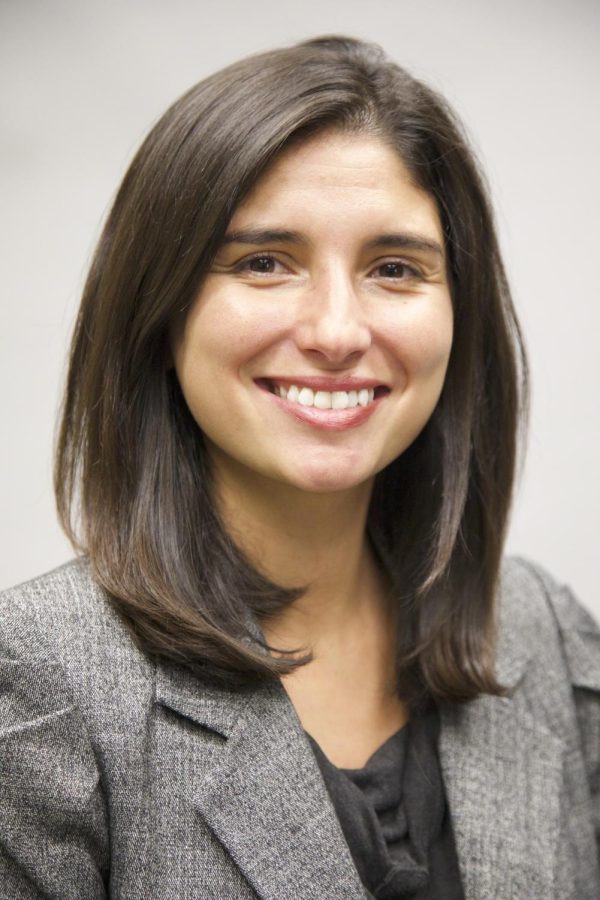UT assistant professor appointed to National Board of Education Sciences by President Joe Biden
November 15, 2022
UT’s Denisa Gándara, an assistant professor of educational leadership and policy, was selected by President Joe Biden to serve on the National Board for Education Sciences on Oct. 27.
The 15-person board Gándara will serve on is part of the Institute for Education Sciences, a “statistics, research and evaluation arm of the U.S. Department of Education” that uses scientific evidence to advise education policy, according to the institute’s website. The board works to advise institute director Mark Schneider and review the priorities and policies that he proposes, according to a White House press release. Victor Saenz, department leadership and policy chair in the College of Education, said the board specifically impacts the students and faculty of public schools.
“This board is really instrumental in setting the funding priorities and the research priorities for our country when it comes to education policy or any education-related issue,” Saenz said. “The board and its significance, therefore, is key as the individuals that are part of this board tend to be the leaders in the field of education research.”
Gándara said her research interests broadly center around higher education policy and finance and how they intersect. She said she is specifically interested in how governments make their decisions about funding colleges and students and how this plays a role in expanding or hindering opportunities.
More specifically, her work examines racial equity in education. An example of this goal is a project she is working on with post-doctoral fellow Rosa Acevedo.
“We look to see how eligibility criteria and application processes and free college programs across the nation affected the access to college and degree attainment for racially and ethnically minoritized students,” Acevedo said. “With this, we’ll be able to look at all of … the free college promise programs nationwide to see what barriers have been created that inhibit students from participating in such programs, and so the ultimate goal is to alleviate or (reform) those barriers to provide wider access to marginalized students.”
Gándara said although she is still completing the onboarding process before her official appointment, she is ready and grateful for the work to come.
“It’s been really neat to reflect on how education has given me so much and allowed me to be in a place that I’m really grateful for,” Gándara said. “That’s what drives me and what drives my passion for education, because I do see so much opportunity, but I also see a lot of obstacles … I do think that through policy, we can remove some of those obstacles and open opportunities for students who have been historically underserved and underrepresented in higher education.”









